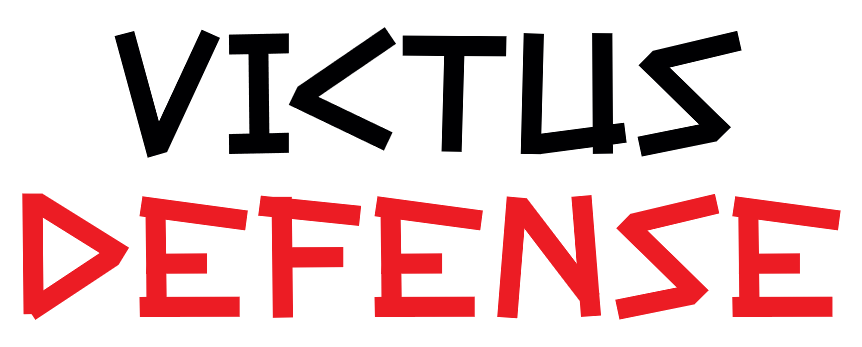Funding | Grants
Funding, usually the constraint!

Research grants that align with your project or organization’s goals.
Use databases, agency websites, and/or professional networks.
Review eligibility criteria, funding priorities, and deadlines.
Draft a clear project plan, including objectives, timeline, budget, and expected outcomes.
Write a compelling narrative addressing the funder’s goals and evaluation criteria.
Gather supporting documents
Complete all required forms, ensuring accuracy and compliance with guidelines.
Provide assistance with submission through the funders preferred platform.
The funder reviews applications, often involving a panel or peer review process.
Applications are scored based on criteria like feasibility, impact, and alignment with priorities.
This step can take weeks to months, depending on the grant.
Successful applicants receive a grant award notice with funding details and conditions.
Unsuccessful applicants may receive feedback or rejection notices.
Reapply as necessary.
Provide assistance understanding the Grant agreement and tracking deadlines.
Advise on financial systems to track Grant Funds.
Establish reporting schedules and deliverables.
Execute the project as outlined, adhering to the approved budget and timeline.
Monitor progress and address any challenges to stay on track.
Create regular progress reports for submission.
Ensure compliance with regulations, including allowable expenses and documentation.
Address any audits or requests for additional information.
Prepare final reports summarizing outcomes, expenditures, and impact.
Ensure all funds are spent or returned as per the agreement.
Advise on archive best practices for future reference or audits.
Each step requires careful planning and attention to detail to avoid delays, rejections, or compliance issues. Self-administration, as noted previously, amplifies the challenge due to the administrative burden.
